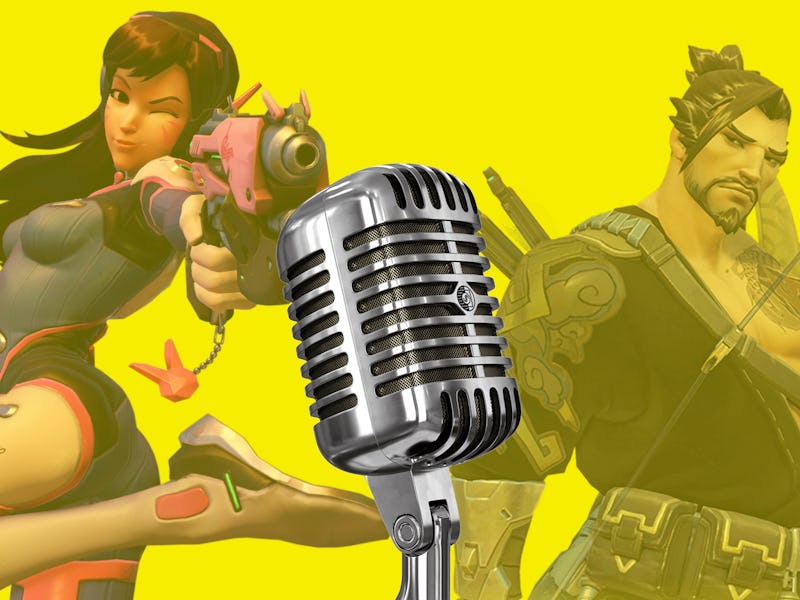Inside the movement revolutionizing gaming culture
In this episode, we discuss the brewing social issues plaguing the gaming community.

While video game culture usually paints a picture of an isolated basement gnome staring blankly at a screen for hours at a time, modern gaming has become a largely collaborative experience as technology connects gamers from different backgrounds, cultures, and experiences to a vast social network.
And as these social webs grow, the industry is reckoning with some long-standing social issues like sexism and harassment, and the idea that the gaming world is only welcome to white guys.
Modern gaming looks to level the playing field, pushing for diversity and taking on misconduct, so that more players can finally be seen ... and heard.
In this episode of The Abstract, we discuss the brewing social issues plaguing the gaming community and the rising movements to take them on.
Our first story is about the recent allegations of misconduct against some of the biggest names in the competitive Super Smash Bros. scene. As top players face sexual abuse accusations, a movement from within has triggered long-overdue conversations about how the gaming community needs to grow up or disappear.
Our second story looks at how the video game industry aims to address its long-standing lack of diversity. Looking to reverse a history of casting white talent for non-white characters, developers are seeking to be more inclusive. Actors of color in video games are finally finding opportunities to play heroes and villains who share their backgrounds.
Read the original Inverse stories:
- The competitive Super Smash Bros. scene needs to grow up, or disappear
- Asian-American actors reveal why video games can create change faster than movies or TV
Where to find us:
- Subscribe to The Abstract wherever you listen to podcasts: iTunes | Spotify | TuneIn | RadioPublic | Stitcher
- Follow Danny Paez on Twitter
- Follow Eric Francisco on Twitter
- Follow Inverse on Twitter
- We're hosted and produced by Tanya Bustos
—
Right now, facts and science matter more than ever. That's part of the reason for The Abstract, this all-new podcast from the Inverse staff that focuses exclusively on science and innovation. Three new episodes are released a week, and each covers one theme via two related stories. Each features audio of original Inverse reporting, where the facts and context take center stage. It's hosted by the Tanya Bustos of WSJ Podcasts. Because we're Inverse, it's all true but slightly off-kilter. It's made for people who want to know the whole story. —Nick Lucchesi, executive editor, Inverse
This article was originally published on